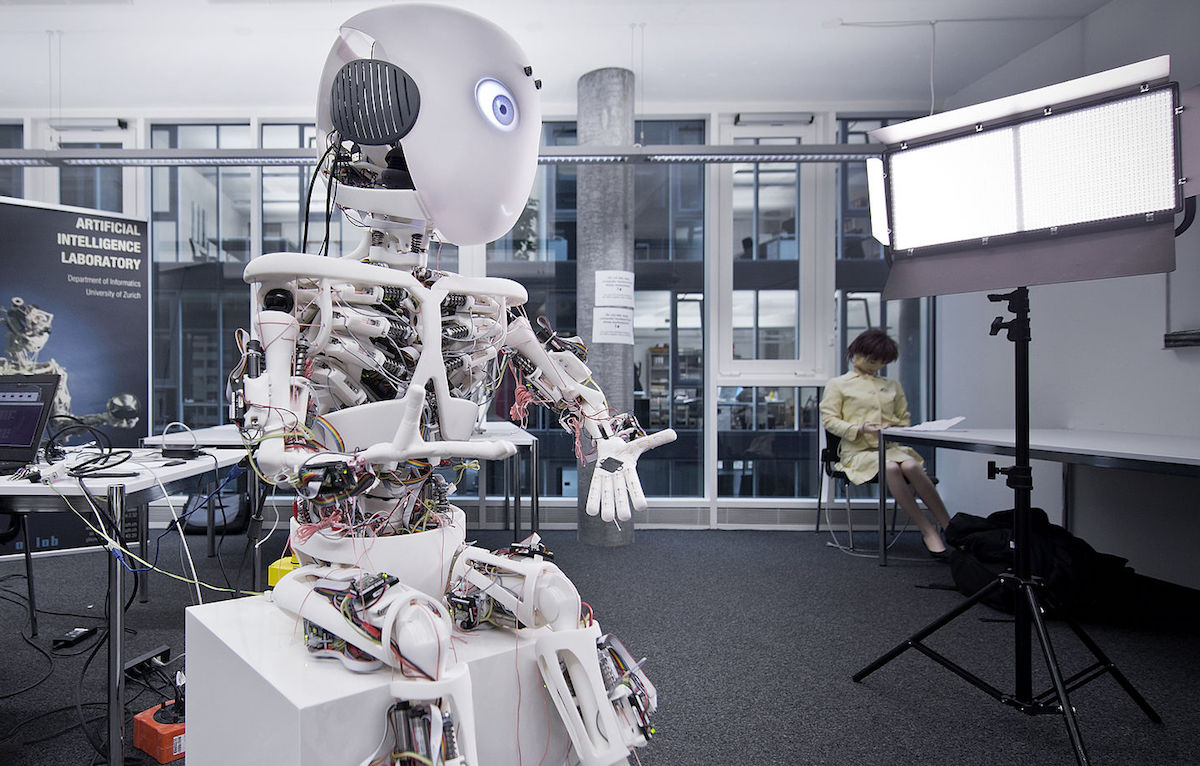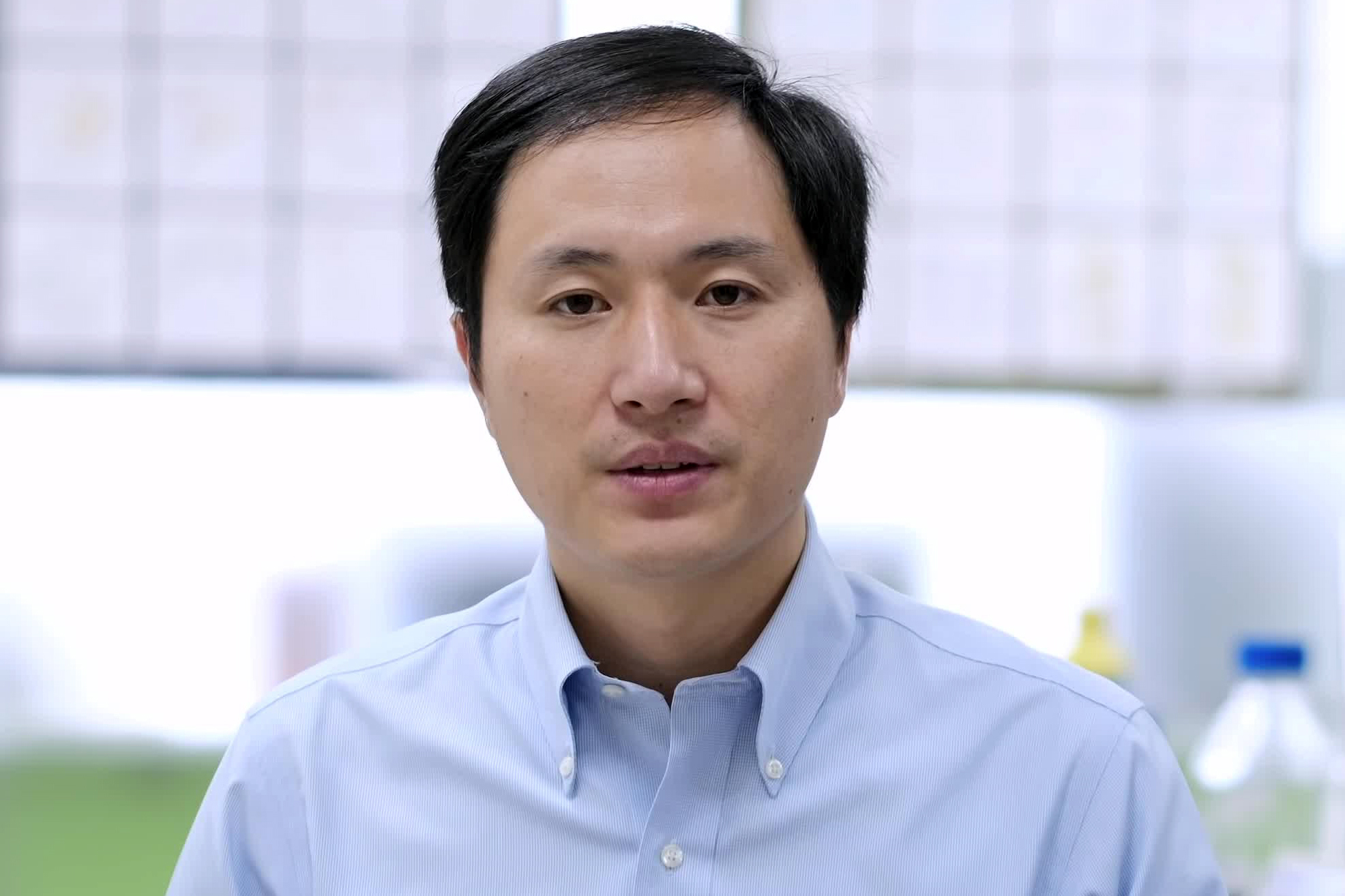recent
Understanding China's Confucian Edge in the Global AI Race
China now stands poised to lead the world in the development of artificial-intelligence technologies, which rely, for their machine-learning algorithms.

The American fugitive Edward Snowden triggered the West’s current (and ongoing) wave of concern over data privacy six years ago, when he revealed details about secret U.S. government programs that collect information on U.S. citizens. Since then, there has been a steady drumbeat of disclosures about how personal information is collected and shared, alarming the public and laying the groundwork for restrictive new laws, regulations and corporate policies.
But the situation is different outside of the Western world—especially in China, which seems set to monetize its citizens’ seemingly nonchalant (or, more probably, fatalistic) attitude toward data collection. In China, even the most pervasive and invasive forms of data collection raise few eyebrows. As a result, China now stands poised to lead the world in the development of artificial-intelligence technologies, which rely, for their machine-learning algorithms, on vast quantities of accessible data. Developing AI in China has become akin to pumping oil in Saudi Arabia.
This advantage will have enormous economic significance in coming years. Last year, Russian president Vladimir Putin ominously proclaimed that whichever country leads in AI will become “the ruler of the world.” While that may be something of an overstatement, AI applications are rippling through every technological sector—from our phones and our cars to factories and weapon systems. In time, these new technologies will transform the global economic and military balance of power.
In some ways, China’s AI advantage might be traced to Confucius, whose fifth-century BC philosophy still informs the Chinese worldview, including its devotion to a strong social hierarchy. By discouraging individualism and encouraging the preservation of a strong central authority, this worldview has allowed the government a virtual carte blanche in the collection and use of data. And while Chinese citizens may grouse about controls on civil liberties, they accept those controls with a docility that surprises Western observers. How much all of this is determined by cultural forces that pre-date communism, and how much it is the product of sheer repression, remains a subject of debate. But except for a thin veneer of Western-facing intellectuals, China’s citizens largely accede to a level of surveillance and control that Westerners would regard as positively Orwellian. The Chinese government tracks everyone from birth, in part through a police-station file that holds everything from records of marriages and divorces to secret reports on political activity.

China’s edge in the implementation of data-driven artificial intelligence is owed in part to its vast population, which generates more data than any other country, and its creation of a STEM-focused educational system, which is churning out high numbers of AI engineers, many of whom are being channeled into jobs through a well-funded national AI strategy. In the United States and other Western countries, whole branches of technology—such as AI-powered self-driving cars—can be stalled based on one or two high-profile setbacks that stir up consumer fears or class-action law suits. In China, by contrast, the government and the citizenry are much more willing to let technology lead policy if the overall effect is seen as a boon to the country as a whole.
China’s central government is building a new smart city, Xiongan, at an estimated cost of US$380-billion, for 3-million residents. The city is incorporating the latest-data collection systems in its infrastructure, and will include roadways—some underground—dedicated to self-driving vehicles. Regional governments are following suit. Zhejiang province has announced plans to build a smart superhighway for autonomous vehicles that will allow speeds up to 30 percent higher than regular roads, while reducing fatalities.
China’s most comprehensive data-driven project, called Sharp Eyes, will tie networks of closed-circuit cameras together and feed live video into AI systems that can recognize faces, spot anomalous behavior and track individuals in real time. Pilot systems have been deployed across the country and already are credited with drops in crime. The central government’s stated aim is to eventually extend the surveillance from cities to towns and villages and even the countryside, putting as much as 90 percent of the population under constant supervision.
Citizens will be encouraged to watch surveillance feeds through their television sets and smartphones to augment machine-learning analysis—an extension of the Communist Party neighborhood committees that keep watch on the comings and goings of residents. In pilot programs so far, such community engagement has been enthusiastically embraced. The government is, in effect, crowdsourcing the job of Big Brother.
Another project will link various behavioral data, from financial transactions to social media posts, with the country’s national ID cards, to create what has been called a social credit score that can be used to punish or reward citizens. Private companies are helping, collecting oceans of data that are available to researchers and the government alike. Nearly 800 million Chinese use the tech giant Tencent’s smartphone app WeChat to pay for goods and services—everything from vegetables at outdoor markets to airplane tickets to foot massages—in the process generating a flood of mobile-payment data that can be mined for specific individual preferences or broad demographic trends.
In many cases, China has been able to apply advanced technology to relatively backward segments of its economy in a way that would face entrenched resistance in more developed countries. Together with Alibaba’s Alipay system, for instance, WeChat “has turned Chinese cities into the first cashless environments since the days of the barter economy,” writes Kaifu Lee, a thought leader on AI in China. (As a contrasting thought experiment, just try telling Americans that they’re no longer allowed to use cash.) In 2017, iResearch Consulting Group, a market research company in China, estimated that Chinese mobile payment spending outnumbered that in the United States by a ratio of 50 to 1. For 2017, total transactions on China’s mobile payment platforms reportedly surpassed US$17 trillion—greater than China’s GDP.
In his recent book, AI Superpowers: China, Silicon Valley and the New World Order, Lee notes that “data from mobile payments is currently generating the richest maps of consumer activity the world has ever known, far exceeding the data from traditional credit-card purchases or online activity captured by E-commerce players like Amazon or platforms like Google and Yelp.” That data is what gives China its AI edge. “More data leads to better products, which in turn attract more users, who generate more data that further improves the product,” writes Lee. While Western consumers increasingly demand control of their data, Chinese consumers have stood by as this information is mainlined into the world’s most advanced machine-learning-powered economic models.
PricewaterhouseCoopers estimates that AI will add US$15.7 trillion to global GDP by 2030, with China laying claim to nearly half of that. North America, by contrast, will get less than a quarter. It’s hard to know what Mao would have thought about these numbers. But Confucius, I think, would be every bit as pleased as he would be amazed.






